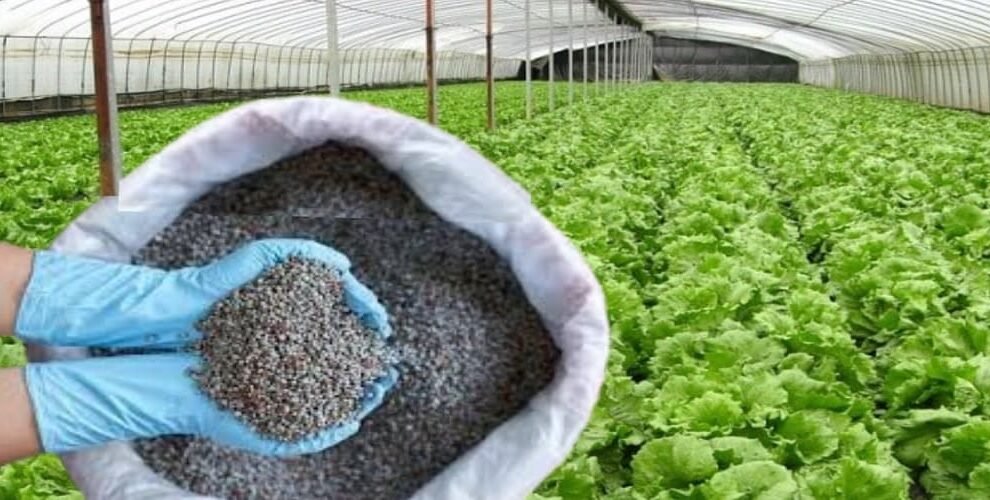China has stopped exporting specialty fertilisers to India for the past two months, causing concern among Indian importers and farmers. These fertilisers are essential for boosting the yield of fruits, vegetables, and other high-value crops.
While China continues to export these agricultural inputs to other countries, it has stopped inspecting and clearing shipments meant for India. Industry sources say that although there is no official export ban, various procedures are being used to delay or block supplies.
“China has been gradually tightening exports of specialty fertilisers to India over the last four to five years. But now, exports have completely stopped,” said Rajib Chakraborty, president of the Soluble Fertilizer Industry Association (SFIA).
India depends heavily on China for these inputs, importing nearly 80% of its specialty fertiliser needs. These include water-soluble fertilisers, micronutrients, nano and organic fertilisers, controlled and slow-release variants, and biostimulants. These products are not subsidised like traditional fertilisers but are critical for improving soil health, increasing crop productivity, and reducing environmental impact.
Between June and December, India usually imports 150,000 to 160,000 tonnes of such fertilisers, according to industry estimates. Also Read | China uses chemicals to produce rain for protecting its grain from drought
Tensions between India and China—ranging from border disputes to China’s support for Pakistan—have impacted trade over the past five years. India has also made it mandatory for companies from countries sharing a border with it to get government approval before investing, a rule aimed primarily at China.
Due to low past demand, producing these specialty fertilisers locally has not been viable. “But now, as they begin to replace traditional fertilisers and consumption increases, more Indian companies are showing interest in setting up domestic manufacturing units,” Chakraborty said.
India’s market for micronutrient fertilisers is projected to surpass $1 billion by 2029, growing at a rate of 9.2% annually, according to the Fertilizer Association of India (FAI). Biostimulants are expected to grow to $734 million by 2029 at a 15.6% annual growth rate, while organic fertilisers are set to reach $1.13 billion by 2032.
Major fertiliser companies such as Deepak Fertilizers, Paradeep Phosphates, and Nagarjuna Fertilizers already operate in the specialty segment. However, the sudden supply halt from China has created uncertainty.
Industry leaders suggest that India should look for new sources of import, such as Jordan and Europe. But they warn that timely delivery remains a challenge.
Unlike widely used fertilisers such as urea, diammonium phosphate (DAP), and muriate of potash (MOP), specialty fertilisers provide targeted nutrition tailored to specific crop needs, making them essential for modern and sustainable farming.


















Add Comment